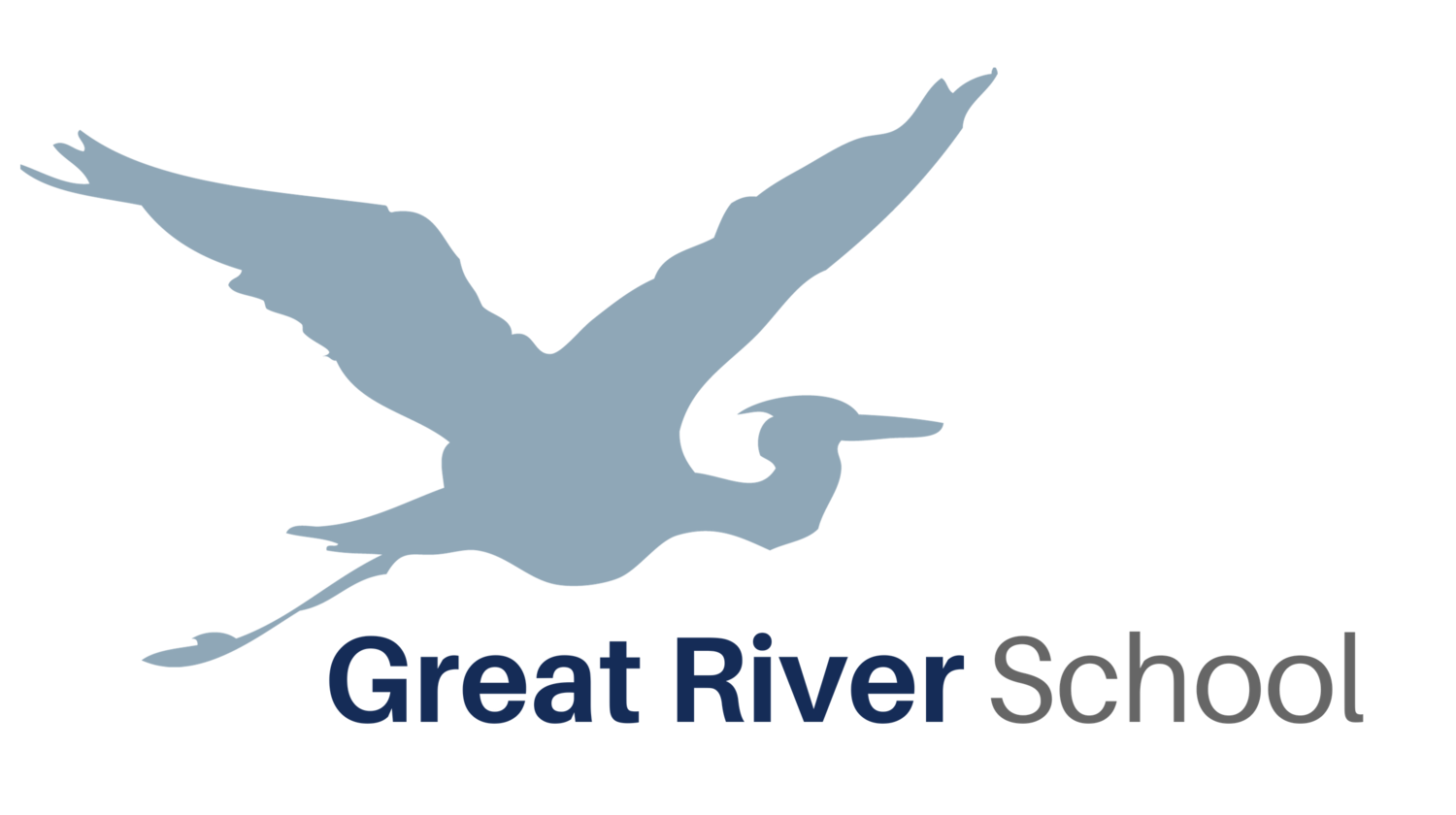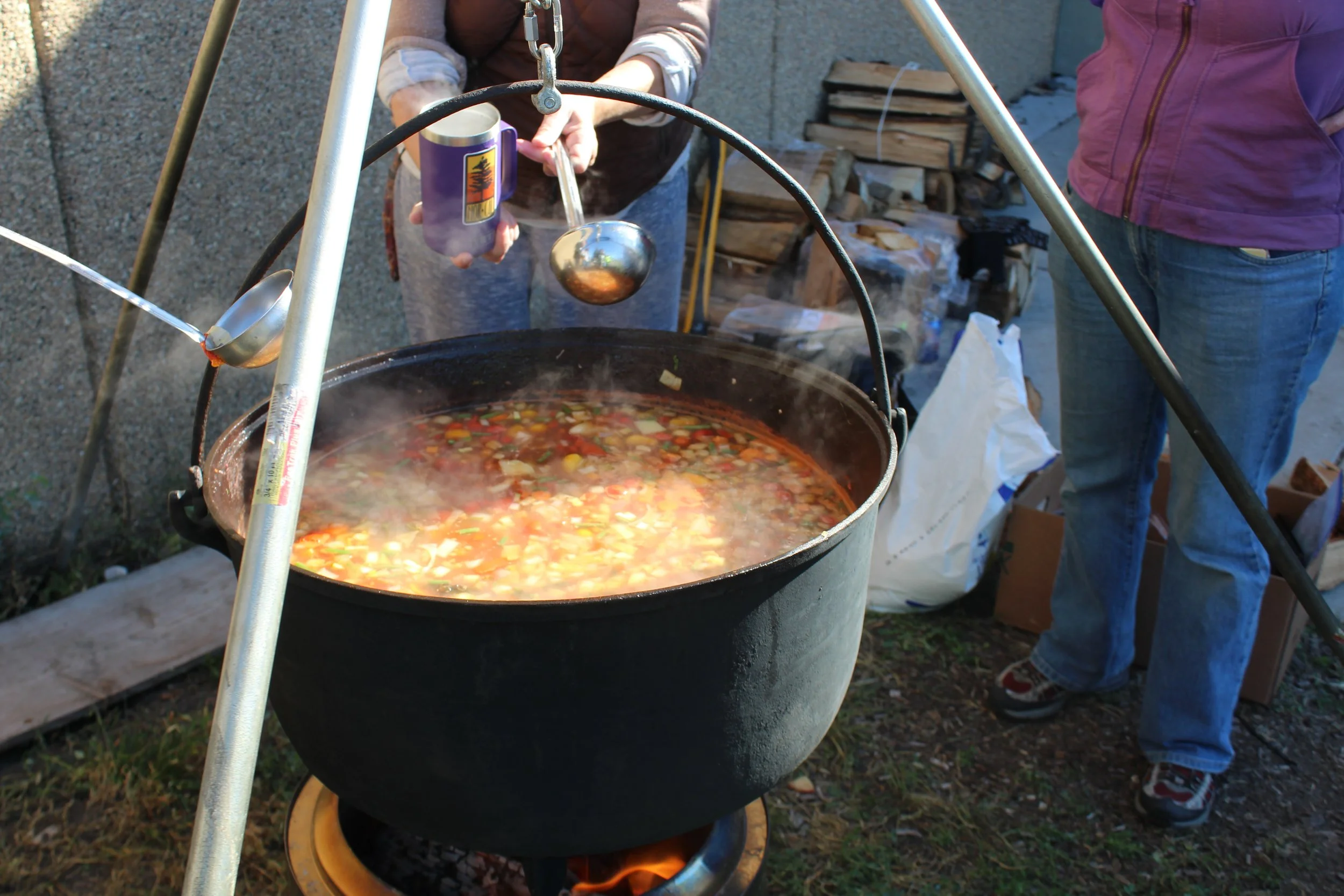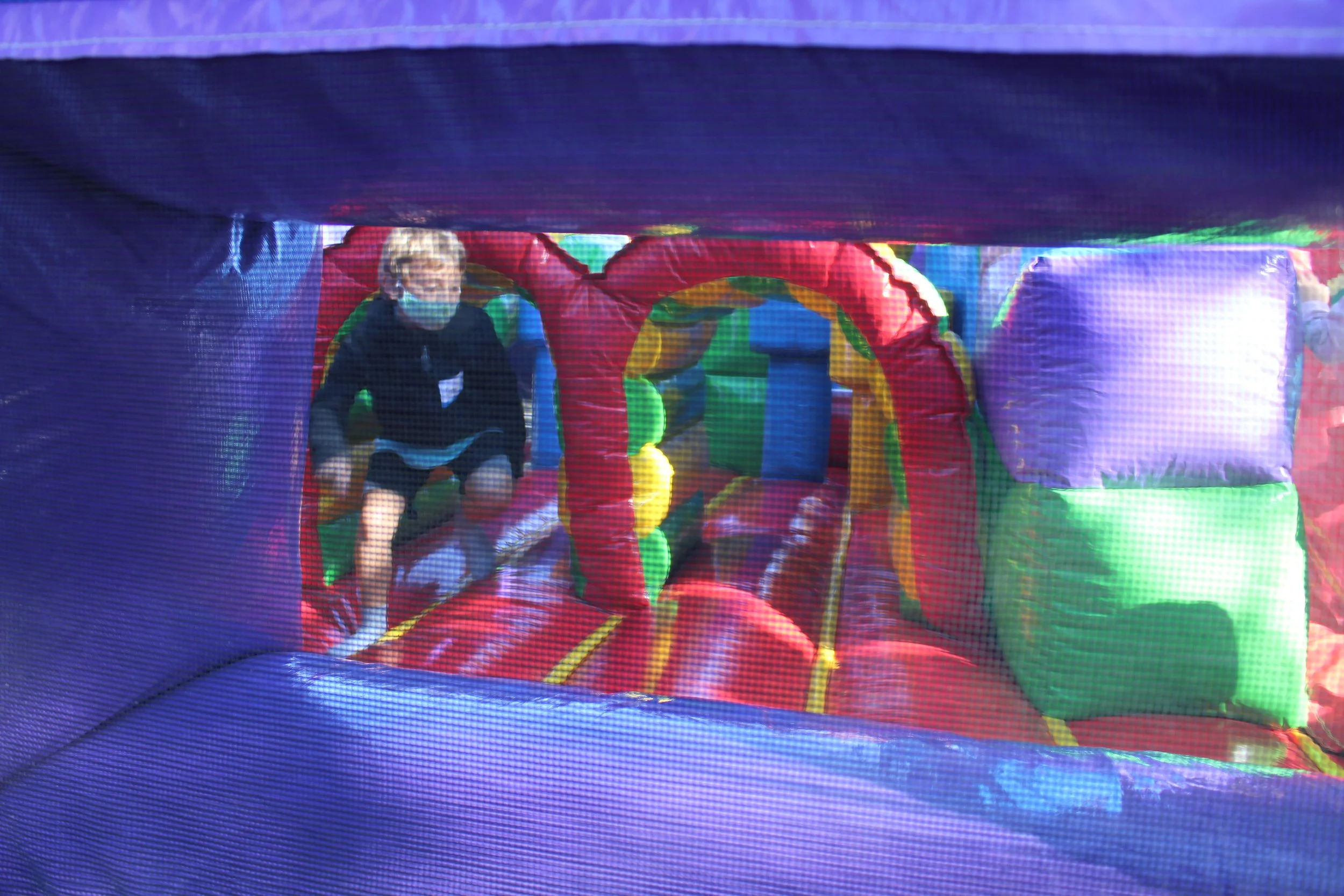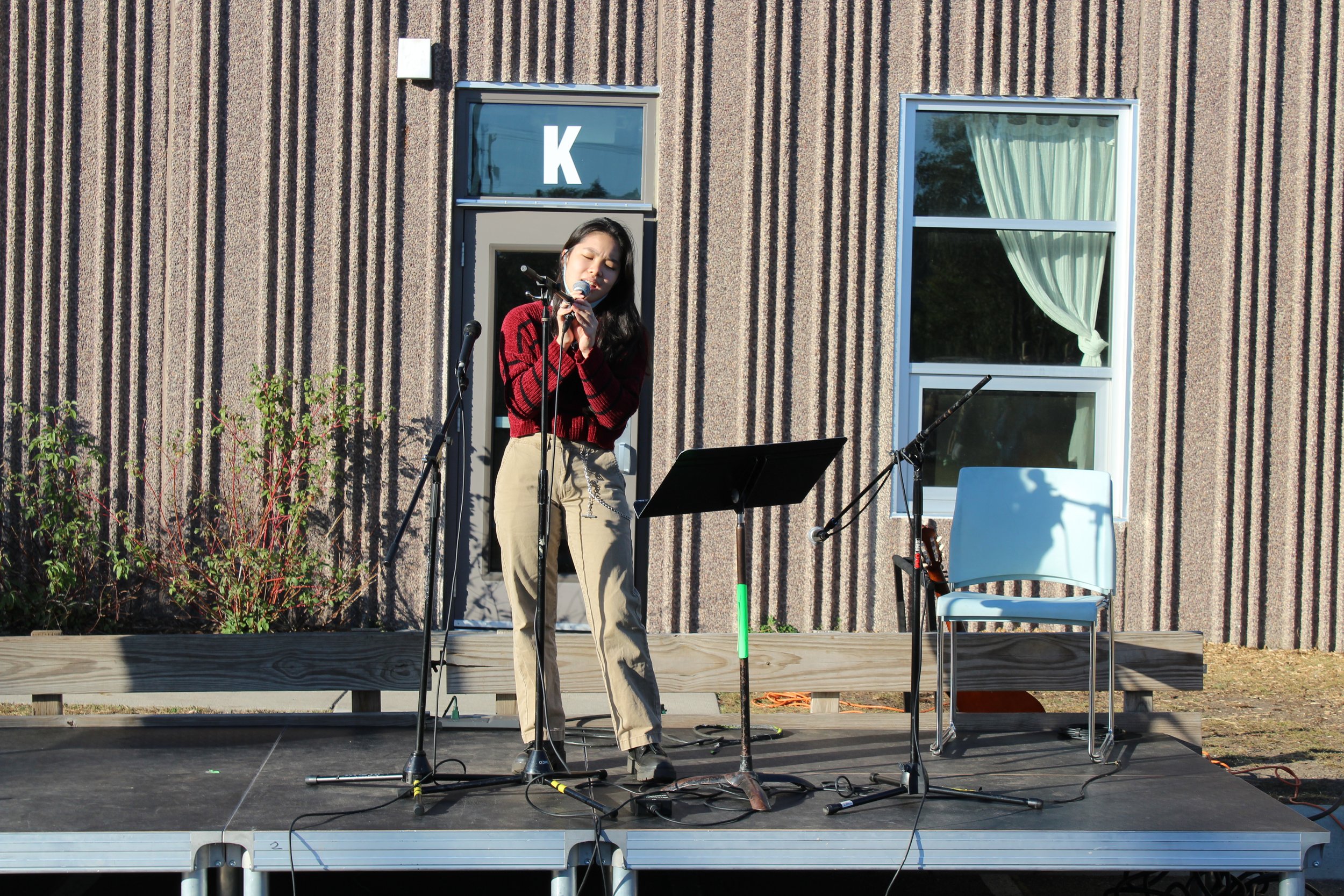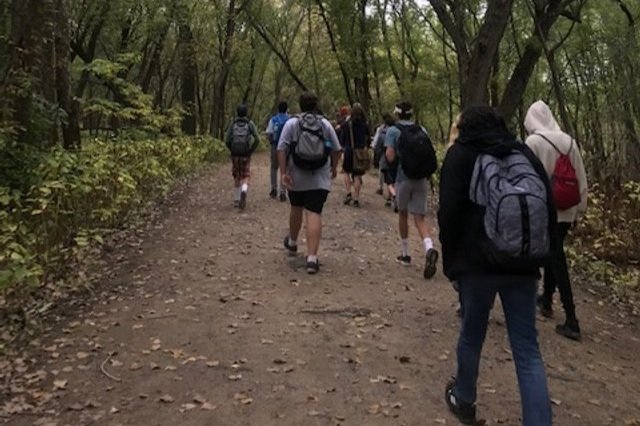JANUARY 2022
Your GRS School Board would love to share some updates!
School Board Meeting Agenda from January 25, 2022
Next scheduled meeting: Tuesday, February 22nd, 4:30pm
Email: executive@greatriverschool.org or boardchair@greatriverschool.org.Did you know? There is currently one open teacher position on the School Board.
Interested in serving on the School Board? Contact boardchair@greatriverschool.org.
SY 2022-2023 Budget Planning!- Input needed!
The Finance Committee is currently working on supporting the transparency and equity focus for next year's budget creation. We invite people to engage in this work with us via a short stakeholder survey here.COVID-19 PTO Policy Review
At our February meeting, we will be checking in on the Covid PTO policy to check it's status, and to make any updates needed to support individuals and the community as a whole. We may vote some changes into the policy if needed. You are welcome to come see how it is going, and provide your thoughts on any adjustments that need to be made.The Finance Committee is actively seeking more members!
Next meeting: Tuesday, February 8th at 3:30pm.
Email: resources@greatriverschool.org.
BIPOC Caregiver Advisory Committee
Next meeting: Thursday, February 3rd at 7:45pm..
Want to join the BIPOC Caregiver Committee?
Email: Anu (adean@greatriverschool.org) or Cassie (curbano@greatriverschool.org) to get connected!
In our January meeting, we discussed GRS' pivot to distance learning and shared feedback with David.
Our next meeting is jam-packed! We will touch base with the Finance Committee about the Equity Audit, and hear from working groups about restorative justice at GRS, the Nutrition Program, and academic achievement measures. We also hope to have an update from Stacey Kreger for the Annual Report.
Next meeting: Thursday, February 10th at 4:00pm.
Email: sec@greatriverschool.org.
At our January meeting, the Parental Leave policy was reviewed. In addition, a listening session was held around the Anti-Bullying Policy, Hazing Policy, Harassment and Violence Policy, and Student and Family Handbook policies. Interested in support policy review effort around these? Please come to our upcoming meeting(s)!
Next meetings: Wednesday, February 2nd and 16th at 4:30pm.
Email: policy@greatriverschool.org.
